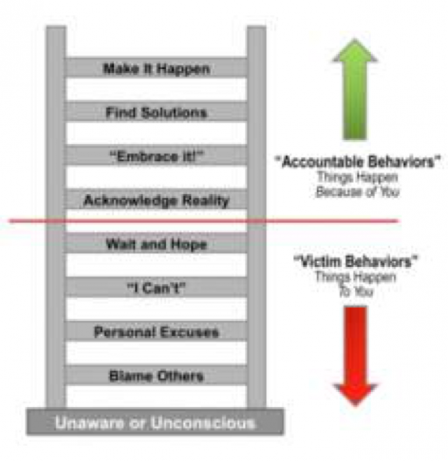The Gift Of Feedback
Over my 20-year career as a health care provider, business owner, and consultant, I’ve learned how important direct, constructive and regular feedback is for success. Without feedback, whether it’s positive or constructive, you don’t really know how you are doing. The most recent Gallup survey on employee engagement reveals that employees are substantially more engaged at work when receiving negative feedback than if they receive no feedback. This is especially true of our ever-growing population of millennials in the workforce. Whether it’s time pressure or your own discomfort in providing feedback to your team, I am here to inspire you to do it!
Why Give Feedback?
In our fast-paced working world, sitting down for regular face-time with your team is sometimes seen as a luxury rather than a necessity. It’s essential to your growth as a professional leader and to the success of your organization that you provide objective, regular feedback. The cadence I recommend is monthly to weekly, depending upon your industry and the needs of your team. Annual performance reviews are truly a thing of the past as we have access to more data that allows real-time performance analysis. Make the time on your schedule for one-on-one coaching.
You may be asking yourself, why do you need to give feedback? And if you know you need to give it, why do you hesitate? Giving praise is easier, while constructive feedback is often more challenging. Why is that? This is an answer that lies within. Some people are afraid to give feedback because they fear it will hurt feelings; others fear it won’t be well received. Regardless of your reason, learning to provide constructive, kind feedback is a leadership skill that will serve you well. Without it, the behavior will never change.
Feedback 101
Feedback is defined as the return of information to teammates or any person about their behavior and/or their performance to help them achieve their goals personally and professionally. When said this way, it almost seems unkind not to provide feedback. Without honest feedback, we deprive someone of the chance to improve, to get better, and to meet their goals. Here are some basics about giving feedback that may help you:
1. People cannot change what they don’t know about.
2. People will not change if they don’t “own” their behavior and its impact.
3. Feedback is always a gift.
4. If your intent is not positive, then you will not have a positive result.
5. Feedback is a pathway to accountability.
Tips for Giving Feedback
The next time you aren’t sure whether or not to give feedback, just do it. Here are some tips for providing useful feedback:
- Focus on the behavior, not on the person
- Be future and goal-oriented
- Offer continual feedback
- Be respectful and kind
- Be timely (give in real time)
- Use specific data when available
Most importantly, provide a 9:1 ratio of positive to constructive feedback. People are much more likely to follow your lead when a positive environment of feedback is established. Keep them focused on the behaviors you want and of course, always explain the why. Helping them see why their behavior and work has an impact on your organization’s mission is essential to your success as an effective leader.
For a great tool check out the accountability ladder:


